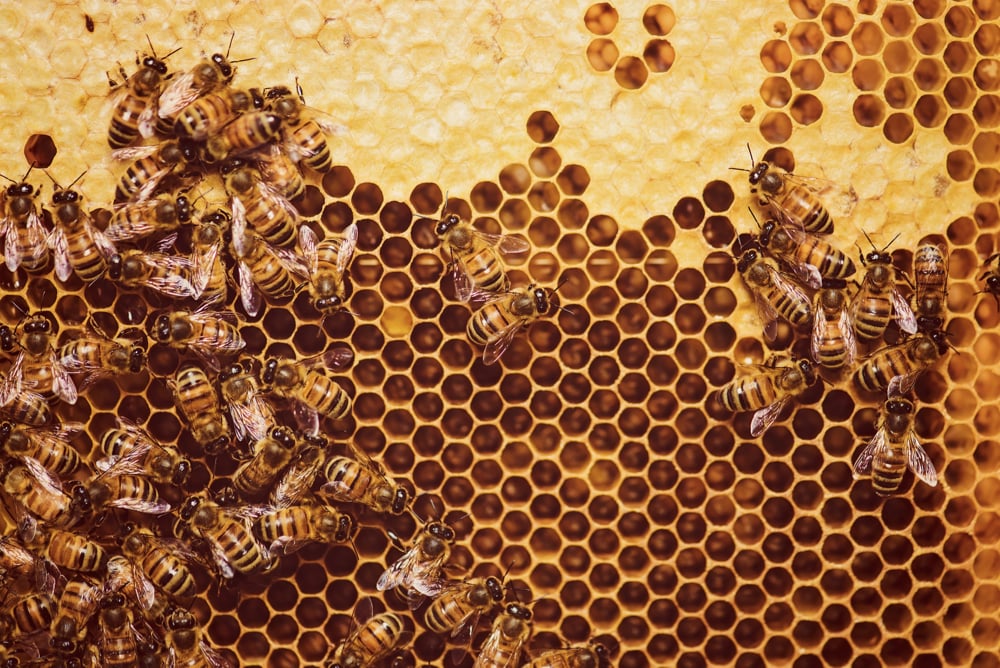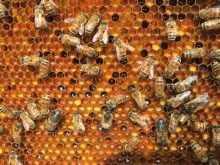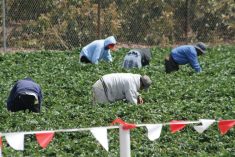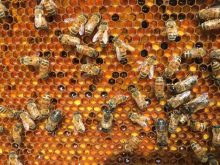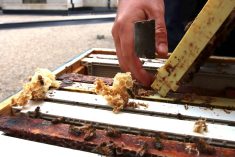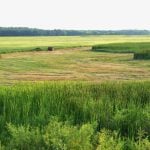For years, groups like the David Suzuki Foundation and the Ontario Beekeepers Association have argued that neonicotinoid seed treatments represent a systemic threat to bees.
“Health Canada… will be cancelling some uses of these pesticides, and changing other conditions of use such as restricting the timing of application,” a department news release said. “Remaining uses (e.g., treatment on canola seeds and greenhouse vegetables) are not expected to pose unacceptable risks to bees and other pollinators.”
Why it matters: Neonicotinoid seed treatments are an important pest control tool and the ruling ensures those types of uses can continue.
Read Also
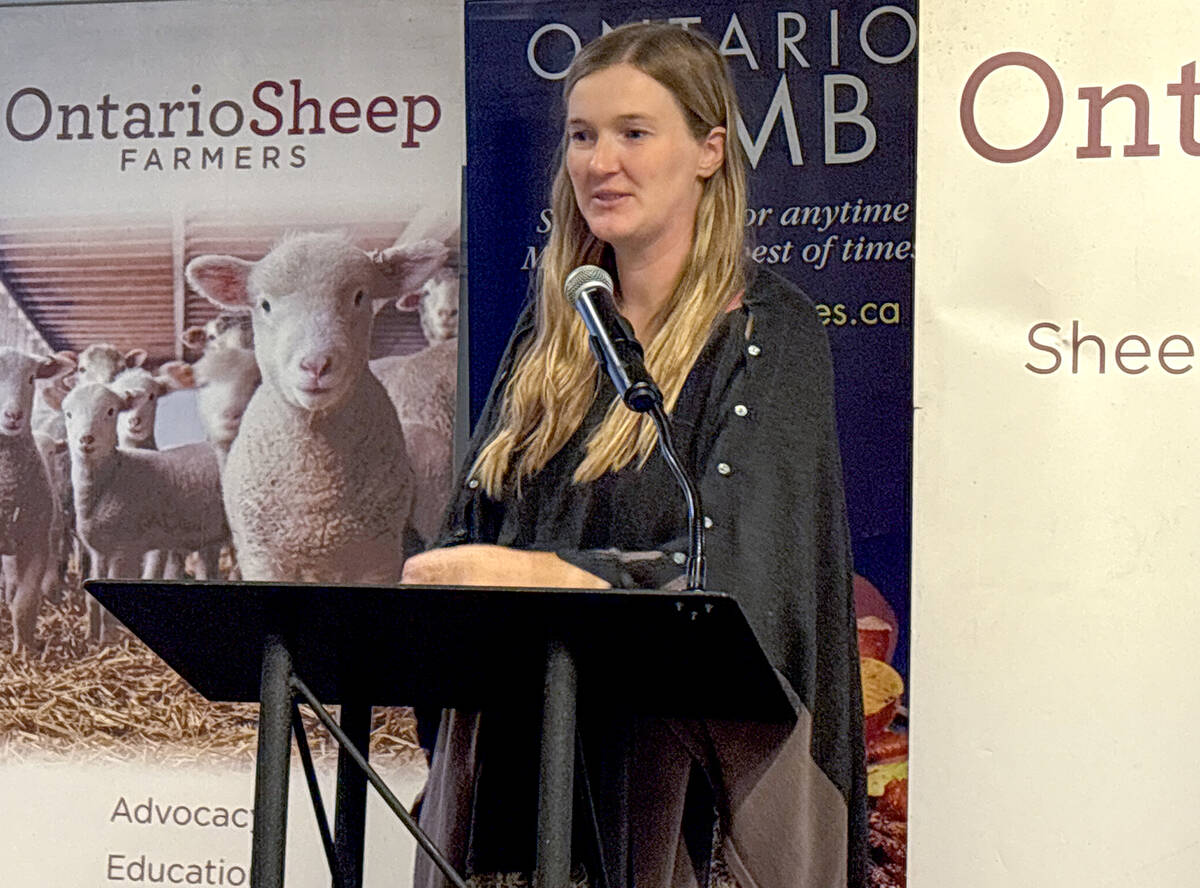
Footflats Farm recognized with Ontario Sheep Farmers’ DLF Pasture Award
Gayla Bonham-Carter and Scott Bade, of Footflats Farm, win the Ontario Sheep Farmers’ 2025 DLF Ontario Pasture Award for their pasture management and strategies to maximize production per acre.
Put another way, Health Canada said neonic seed treatments are safe for bees.
For about seven years, scientists have looked at three neonic insecticides — clothianidin, imidacloprid (Bayer products) and thiamethoxam (Syngenta) — to determine if the products are a threat to bees.
The products are used as foliar sprays, but the major use is seed treatments.
“We’re generally pleased that (Pest Management Regulatory Agency) reaffirmed the safety of neonics as a seed treatment,” said Pierre Petelle, CropLife Canada president.
“There’s been a tremendous amount of activist pressure on this… Removing the entire class wouldn’t have helped pollinators. So that’s a significant (decision).”
The PMRA did decide to remove other uses of neonics to protect bees.
Fruit, vegetable and berry growers will lose many tools, including spraying of orchard trees and soil application of berry crops.
The Ontario Beekeepers Association may be disappointed with Health Canada’s decision, but beekeeper groups in Western Canada are supporters of neonics.
They have argued that neonic seed treatments are safer for bees than alternative insecticides.
The PMRA position on pollinators will not be its final word on neonics.
Health Canada has proposed to ban all uses of neonics because the insecticides may be accumulating in ponds, creeks and other water bodies near agricultural land.
That may be reducing the population of midges and mayflies in water bodies, potentially harming birds and animals that depend on those insects for food.
However, PMRA scientists have been studying water monitoring data from 2017 and 2018. If the data shows that tiny amounts of neonics are accumulating in sloughs and ponds near farmland, the PMRA could change its position on the absolute ban.
A final decision is expected in December.




